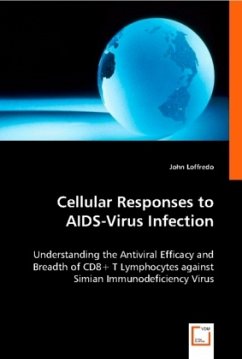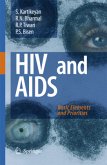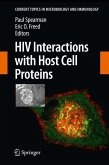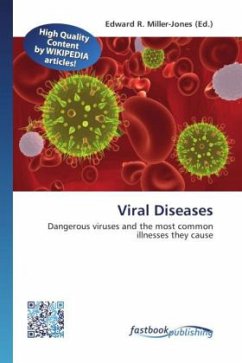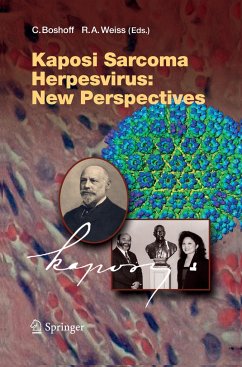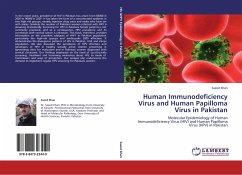In 2007, approximately 33 million people were living with HIV/AIDS worldwide, while an estimated 2.5 million new infections occurred and 2.1 million AIDS-related deaths. With >95% of new infections occurring in low and middle income countries with limited access to antiretroviral therapy, the development of a prophylactic HIV vaccine remains one of the world's top public health priorities. Many studies illustrate the important role of CD8+ T lymphocytes, also known as cytotoxic T lymphocytes (CTL), in controlling HIV and simian immunodeficiency virus (SIV) replication. However, the correlates of immune protection remain unknown. The SIV-infected rhesus macaque is the most widely used animal model for studying HIV infection. We enhanced the utility of this model by evaluating the breadth of novel, SIV-specific CTL responses in infected macaques. We then examined the antiviral efficacy of these SIV-specific CTL using a novel viral suppression assay. This information may be important in determining the type of CTL epitopes to be targeted in future HIV vaccines. This research should be especially useful for those studying cellular immune responses against AIDS-virus infection.
Bitte wählen Sie Ihr Anliegen aus.
Rechnungen
Retourenschein anfordern
Bestellstatus
Storno

